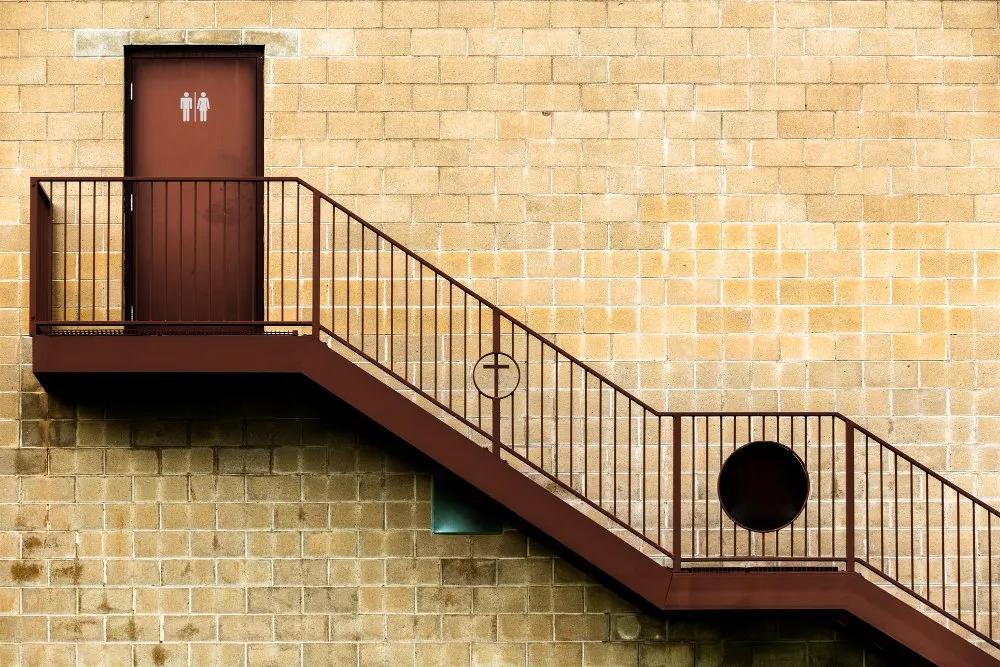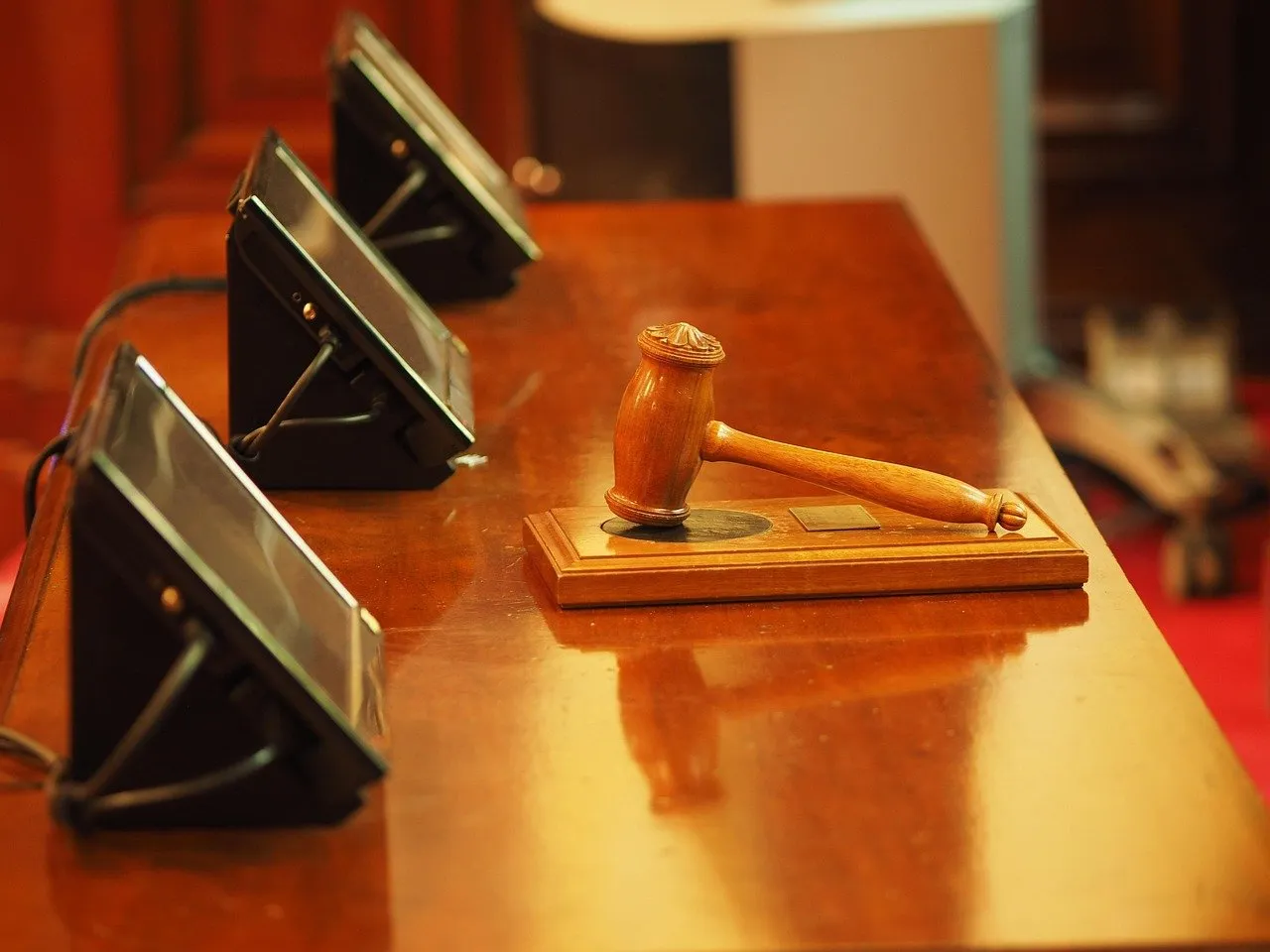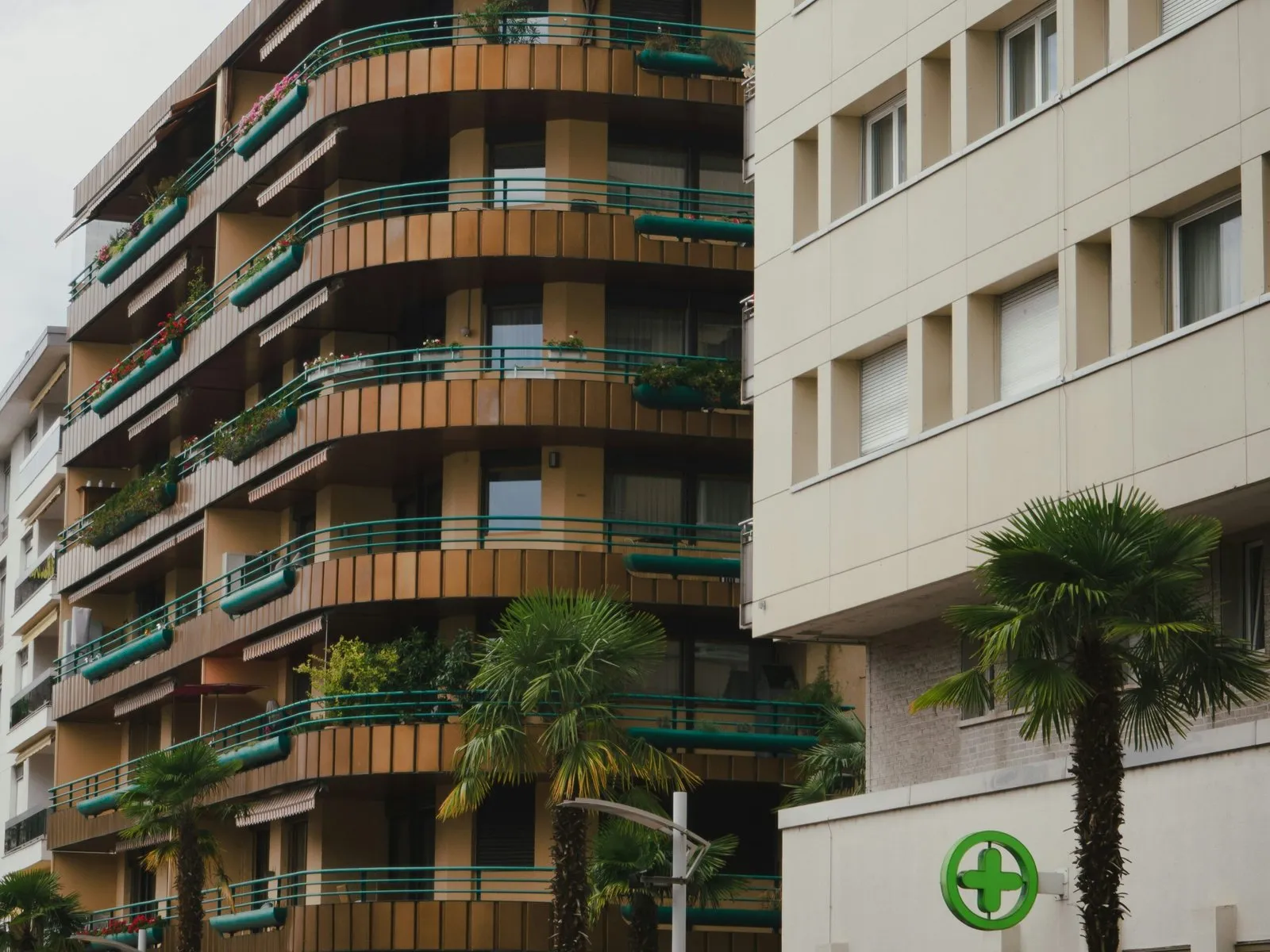Introduction
The Strata Schemes Development Act 2015 (NSW) introduced a formal process for strata renewal in New South Wales, enabling owners corporations to collectively decide on the sale or redevelopment of their entire strata scheme. This legislative framework provides a structured pathway for owners considering significant changes, often driven by factors like ageing buildings or redevelopment opportunities.
Navigating this process involves several distinct stages, from the initial proposal and formation of a renewal committee to meeting specific requirements, such as achieving support from at least 75% of lot owners. Understanding these steps, along with the provisions for owner compensation and the role of the Land and Environment Court (LEC), is crucial for all parties involved in managing or participating in a strata scheme renewal.
Interactive Calculator: Do You Have the 75% Vote?
Use this tool to instantly check if your scheme meets the strict ‘75% by lot’ requirement under the Strata Schemes Development Act 2015 (NSW).
Strata Renewal Threshold Calculator
Determine if your scheme meets the mandatory statutory requirements.
Understanding the NSW Strata Renewal Framework
What is Strata Renewal?
Strata renewal in NSW refers to the process where owners of lots in a strata scheme decide to collectively sell or redevelop their property. This process was introduced in November 2016 under the Strata Schemes Development Act 2015 (NSW), providing a legal framework for owners to consider major changes to their strata scheme.
Imagine a scenario where an older strata building requires significant repairs and upgrades, a common sign that a strata scheme building is falling into disrepair. Instead of each owner managing these individually, strata renewal allows for more comprehensive solutions such as:
- Selling the entire complex to a developer
- Collectively undertaking a major redevelopment project
This approach can be a more efficient and financially viable solution for all owners involved, especially when dealing with aging buildings that face substantial maintenance challenges.
Schemes Established Before 30 November 2016
Strata schemes registered in NSW before 30 November 2016 are not automatically bound by these new strata renewal laws. However, these older schemes can choose to “opt-in” to the new process through a majority vote at a general meeting, a decision that often requires legal advice for the owners corporation.
If the resolution passes, the scheme can then proceed with receiving and considering strata renewal proposals. This flexible approach ensures that older schemes can also benefit from the updated framework if they collectively decide it’s in their best interest to do so.
Speak to a Lawyer Today.
We respond within 24 hours.
The Strata Renewal Process
Submitting a Strata Renewal Proposal
The journey towards strata renewal in NSW begins with a formal written proposal submitted to the owners corporation. This proposal, known as the Strata Renewal Proposal, can be put forward by anyone, not just lot owners, as long as it adheres to the requirements outlined in the Strata Schemes Development Act 2015 (NSW) and its associated regulations.
Imagine a scenario where a property developer identifies a strata scheme as a potential redevelopment opportunity, initiating a complex strata property development process. The developer would prepare a Strata Renewal Proposal outlining their vision for the property, including whether it involves:
- A collective sale to the developer, or
- A redevelopment project
This proposal would then be formally presented to the owners corporation for their consideration, initiating the official renewal process.
Formation of the Strata Renewal Committee
Once the Strata Renewal Proposal is submitted, the owners corporation has 30 days to consider its merits. If the owners corporation decides that the proposal holds potential and warrants further investigation, they will then form a Strata Renewal Committee.
This important decision requires:
- A majority vote at a general meeting
- Selection of committee members from owners within the strata scheme
The committee, composed of owners within the strata scheme, plays a pivotal role in steering the renewal process forward. Their formation represents a critical step in moving from initial consideration to active evaluation of the strata renewal opportunity.
Developing the Strata Renewal Plan
The Strata Renewal Committee is tasked with developing a comprehensive Strata Renewal Plan based on the initial proposal. This plan delves into the finer details of the proposed renewal, providing lot owners with a clear understanding of what the proposed changes entail.
The plan must include a range of essential information:
- A general overview of the proposal, clearly stating whether it involves a collective sale or redevelopment
- A statement from the interested party outlining their intended use for the strata parcel
- Details of all existing estates, interests, caveats, and priority notices affecting the lots and common property
- A breakdown of current unit entitlements
For collective sale proposals, the plan must specify:
- The proposed sale price
- The proposed completion date
- The date owners would need to vacate
- How costs and expenses will be deducted from the sale price
For redevelopment proposals, the plan needs to detail:
- The developer’s information
- Required planning approvals
- Estimated redevelopment timeframe
- Periods when owners might need to vacate
- Financing arrangements
- Terms of settlement for both dissenting and supporting owners (including buy-back rights)
- The proposed completion date
Additionally, all plans must include:
- A report from an independent valuer assessing the market value of the entire building and site at its highest and best use
- Determination of the compensation value of each lot
- Guarantee that the purchase price or compensation offered to owners is not less than the determined compensation values
The Strata Renewal Plan serves as a vital document, ensuring transparency and providing owners with the necessary information to make informed decisions about the proposed renewal.
Get legal advice you can rely on.
Contact us today.
Key Requirements for Approval
The 75% Threshold Requirement
For a strata renewal plan to proceed in NSW, it needs the support of at least 75% of the lot owners. This is a crucial requirement designed to ensure that a significant majority of owners are on board with the proposed collective sale or redevelopment.
The threshold calculation follows specific guidelines:
- It is based on the number of lots, not the unit entitlements
- The 75% figure represents the minimum required approval
For instance, in a strata scheme with 100 lots, at least 75 owners must support the plan for it to move forward.
Support Notice Process
Once the strata renewal plan is finalised, each lot owner receives:
- A copy of the plan
- A support notice
- An information sheet outlining their rights and obligations
The owners then have at least 60 days to review these documents, seek independent advice, and decide whether to support the plan.
If they choose to support the plan, they sign and return the support notice to the returning officer, an independent party appointed to oversee the process.
Land and Environment Court Approval
Even with 75% owner support, the strata renewal plan needs final approval from the LEC. The owners corporation will submit an application to the LEC, which will then consider various factors to ensure the plan is just and equitable.
The LEC assessment includes:
- The compensation offered to lot owners, particularly those who dissent
- Ensuring the process has been transparent and fair
If the LEC approves the plan, it becomes legally binding, and the collective sale or redevelopment can proceed.
Owner Compensation and Rights
Determining Fair Compensation
In any strata renewal process in NSW, ensuring fair compensation for lot owners is a cornerstone, and the NSW strata renewal laws include specific provisions to protect their interests when a collective sale or redevelopment of the strata scheme is proposed.
As part of the strata renewal plan, the process requires a valuation report from an independent valuer. This report considers the market value of the entire building and its site, assuming its highest and best use. Importantly, the compensation an owner receives cannot be less than the determined compensation value.
This valuation process ensures that owners are compensated fairly, as it reflects both current market conditions and the property’s potential future use.
The calculation of compensation for each lot owner follows the principle of just terms compensation outlined in the Land Acquisition (Just Terms Compensation) Act 1991 (NSW). This principle ensures that owners are not left financially disadvantaged by the strata renewal process. In practice, the compensation value takes into account:
- Special value: Any unique or enhanced value attached to the property that may not be captured by market value. For instance, a lot owner who has made significant improvements to their unit might receive additional compensation.
- Disturbance costs: Expenses incurred by the owner due to relocation, such as moving fees.
- Other reasonable losses: Any direct losses suffered by the owner as a direct result of the strata renewal.
Speak to a Lawyer Today.
We respond within 24 hours.
Rights of Dissenting Owners
While the NSW strata renewal laws aim to facilitate redevelopment or a collective sale, they also recognise that not all owners may agree with a proposed plan.
Dissenting owners retain several key rights and protections throughout the process:
- Independent assessment and advice: They can review the strata renewal plan and seek their own legal and financial advice to fully understand their options.
- Participation and objection: They may attend meetings, raise issues, and propose alternatives—and the owners corporation and strata renewal committee must consider these concerns.
Furthermore, dissenting owners cannot be compelled to sell their lots for less than the calculated compensation value, even if the majority supports the plan. Moreover, if a dissenting owner believes the compensation offered is inadequate, they have the right to challenge the valuation in LEC, a common type of strata dispute.
Conclusion
The NSW strata renewal process provides a structured framework for owners corporations to pursue the collective sale or redevelopment of their strata scheme. Understanding the key stages, from submitting a proposal and forming a committee to developing a detailed plan and securing the necessary 75% owner support and court approval, is essential for navigating this complex undertaking.
Given the significant financial implications and the importance of protecting the rights of all owners, particularly regarding fair compensation and the treatment of dissenting voices, obtaining professional guidance is crucial. If your strata scheme is considering renewal, consult with PBL Law Group’s specialist strata renewal lawyers to ensure the process is managed correctly and equitably. For broader strata law matters, our experienced strata lawyers can provide comprehensive support and advice.
Frequently Asked Questions
![]()







